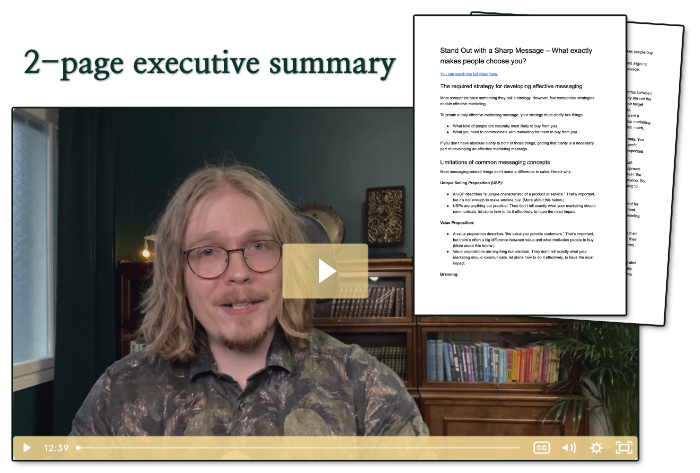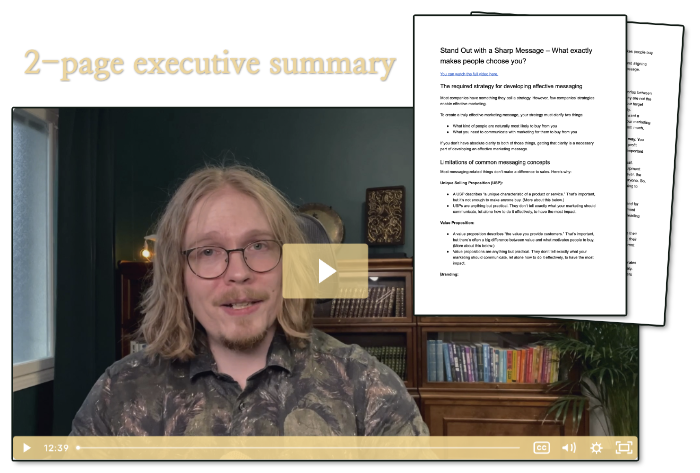Many people try to avoid mistakes by investing huge amounts of resources in careful planning. The idea is that the more they spend on choosing the right solution, the less likely they are to make a mistake.
However, that’s usually a mistake in itself.
Let’s say you hire a large consulting company to carefully plan a solution to your issue. This is what you can expect:
- The lead consultant waltzes to the kickoff meeting like a motivational speaker.
- The next week a busload of twentysomethings, armed with fresh MBAs, show up to the office to turn your meeting rooms into fast-food restaurants for a month or two.
- The lead consultant reappears with a PowerPoint presentation promising to cut costs, increase productivity, and improve company culture.
- You ask what any of that has to do with your actual problem and they answer, “Now we have a framework we can use to solve it.”
- Repeat steps 1-4 until they offer an actual solution.
As you might know, that’s not as exaggerated as you’d hope.
Companies of all sizes invest months in strategy development, followed by months crafting plans based on those strategies, and then more months implementing those plans.
For example, many smaller companies I’ve worked with end up spending less time doing marketing once we start working together. Yet, they actually do more marketing and often get multiple times more leads and sales within a few months. One air conditioning company’s sales had plateaued for years, but within 4-5 months of our starting to work on their marketing, they had to stop marketing because they were so far behind with new work.
Larger companies often appear to be quite different, but the ultimate outcome is usually the same. We can significantly increase the overall speed of getting marketing materials and campaigns ready. That means we get results much faster, which means we can improve much more quickly. For example, one large marketing company (yes, even experts struggle with the same things because it’s hard to do these things for yourself) typically spent several months developing a new campaign. We could quickly cut it down to weeks. Their largest promotions generated approximately the same amount of sales, but overall their revenue increased drastically because they could promote far more things.
Careful planning is inherently expensive — even more so than most people think. The direct costs are high. It takes a lot of time from you and your team. And the opportunity costs can be massive.
You might worry that a faster solution will create suboptimal results. However, that worry is often misplaced because:
- The sooner you implement, the sooner you see the results and can improve them. Any plan that relies on everything working out great with no adjustments is a naive plan.
- The less resources you use on a single solution, the more solutions you can try. You should never rely on the first solution working out. Often it will, but don’t rely on it.
- The less resources you spend on a single problem, the more problems you can solve.
Occasionally careful planning makes sense, but even then it should almost never take months. The best default option is to find a quick solution and move on. That leads to better long-term results.
For example, if your company doesn’t stand out from the competition, you could spend a year analyzing the competitive landscape and refreshing your brand. Alternatively, you could get clarity of what makes people choose you and implement that messaging throughout your marketing within a month.
Hardly anyone chooses to spend months on carefully planning something because they assume the result is that much better than a quick decision. Rather, they do it because it feels like a smaller risk. Yet, spending massive amounts of time and/or money to avoid a potentially slightly worse outcome is the only certainly poor outcome.


